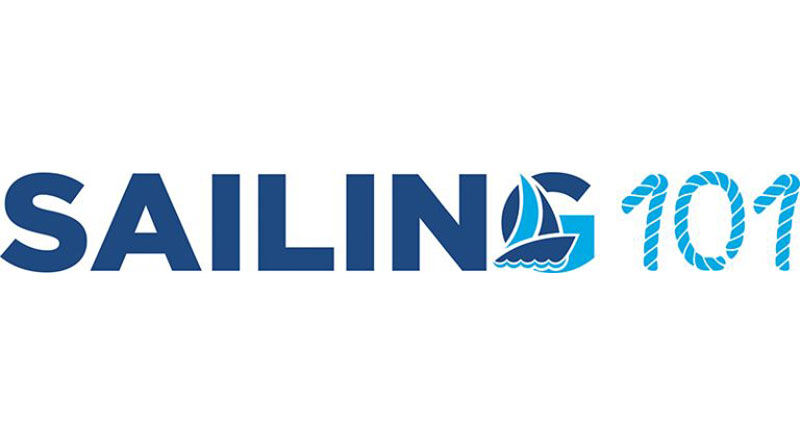Sailing 101: New Year’s Resolutions for Boaters
Ahoy Sailors, the Holidays have come and gone, and we have taken down all our boat’s decorations. So now is as good a time as ever to set some New Year resolutions that will benefit your 2023 boating season. To stay on theme, our next issue will talk about all the devices and equipment you should check or replace before the boating season picks up!
Welcome to 2023. For boating enthusiasts struggling to come up with a New Year’s resolution, here are ten suggestions that will bring you new adventures and prepare you for another year of safe and exciting boating.
- Work on your boat operating skills.
Whether it’s backing into a slip or navigating via a compass (particularly important if your electronics break), challenge yourself by setting a goal to improve at least one boat-handling skill.
- Try something out of your comfort zone.
This year, try pushing yourself out of your comfort zone. This could be boating to a new destination, trying your hand at new sailing maneuvers, or maybe even letting your teenager take the wheel with you right by their side.
- Organize and stay organized.
Boating resolutions aren’t very different than any others. Tackle spring cleaning a couple of months early and untangle that pile of boat stuff in your cabin, garage, basement, or both. Start with neatly coiling lines. Ensure PFDs are stowed away on the boat, and check all your equipment to ensure it is working and up to code after resting during the off-season. Finally, straighten up your boat’s interior; nothing beats an organized vessel.
- Try a new watersport.
Boating doesn’t have to mean staying on board. This year, try your hand at waterskiing, wakeboarding, or other water sports. This could also apply to other water activities. For example, take a whack at deep-sea fishing or participate in your yacht club’s regatta.
- Reduce your waste.
It’s crucial to stop ocean plastic pollution. Go through your cabin and swap out disposable containers for reusable ones. Make a conscious effort never to let trash get thrown or blown overboard, or foreign material enter the water. This can harm marine life, so work harder to protect your waters.
- Random acts of boating kindness.
A new year can mean turning over a new leaf— practice kind boating etiquette. This could be offering to catch someone’s dock lines as they move into their slip or letting someone go before you on the boat ramp. Make small changes to be kind to other boaters.
- Raft up!
Join a local raft-up and make some new friends. You already have a love of boating in common, so it will be easy. Just make sure you research safety protocols when rafting up to other boats.
- Improve your nautical skills.
2023 is the year to impress your boat guests with your newly enhanced nautical skills. Try learning how to read a nautical chart or learn to tie your knots better. This could even be brushing up on boating facts and regulations so you ensure everyone on board is safe under your watch.
- Register your EPIRB.
An EPIRB lets search-and-rescue teams know where you are if something goes wrong. The device can home in on your position using GPS coordinates that the EPIRB sends out—presuming you have registered the EPIRB properly.
You can go to someone at your local ACR Electronics to make it easy for you to register your device, no matter where you live. Their website lets you type in your home country and automatically click through to where you should input your data.
Also worth noting is that the U.S. Power Squadrons recommends that you take an extra registration step to ensure that the U.S. Coast Guard can correlate distress data as it comes in during a search. Then, follow the Power Squadrons website steps, and you’re good to go cruising.
- Check your equipment.
I briefly mentioned this in tip number three but let’s expand. Check your flares. Emergency flares expire 42 months after they’re made, meaning boaters must replace them after only a few seasons on the water. So, if you’re out cruising on coastal waters, including the Great Lakes, you must have up-to-date flares.
This handy guide from the U.S. Coast Guard explains the various types of flares that are available and approved. Various combinations are permitted for day and night use.
Next, consider updating your personal flotation devices. The companies making flotation devices work on upgrades constantly, making them more comfortable while staying within regulations so more people will wear them while enjoying time on their boats. According to BoatUS, more than two-thirds of all boating fatalities are drowning incidents, and 90 percent of drowning victims were not wearing a life jacket.
Those statistics shift in your favor if everyone on board, including the dogs and kids, wears a properly fitting life jacket.


